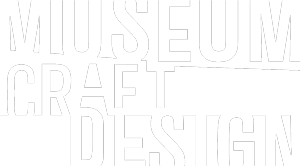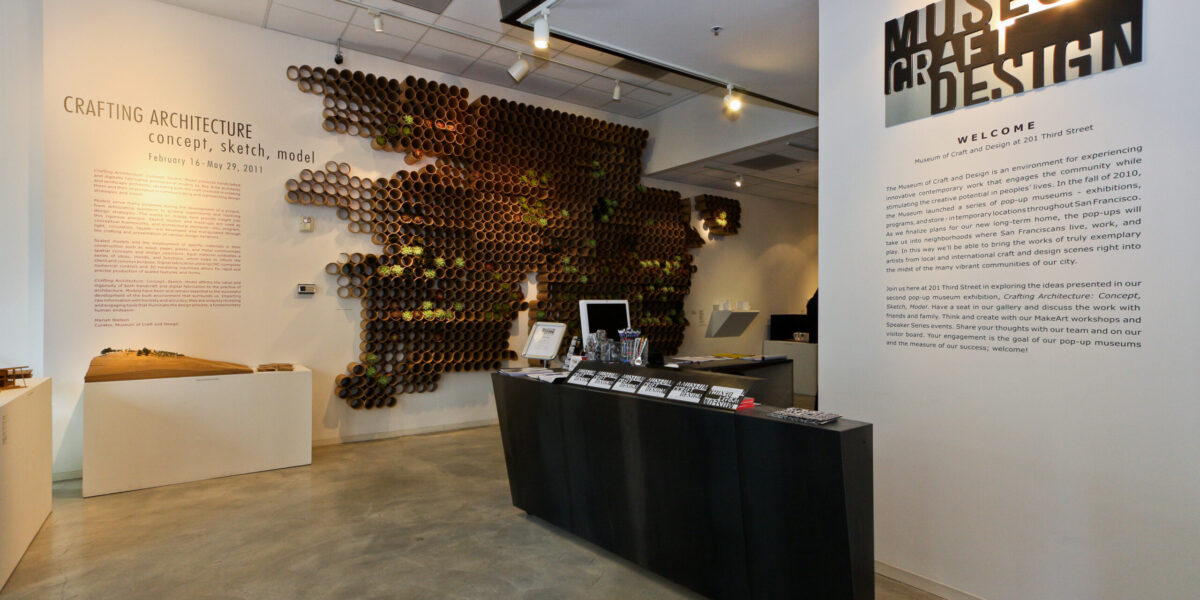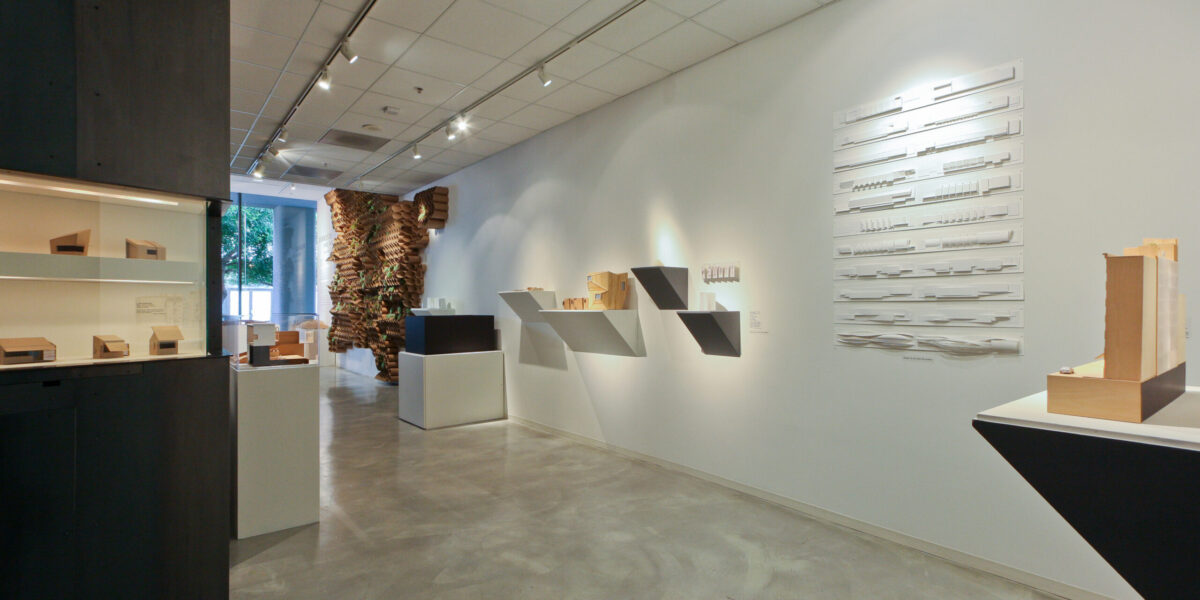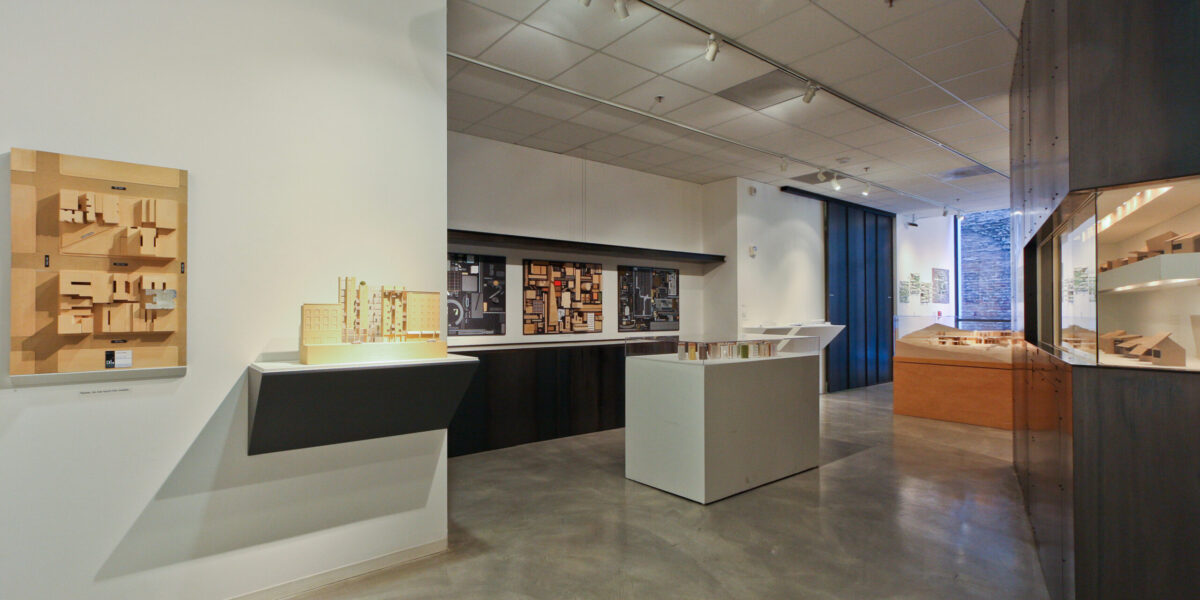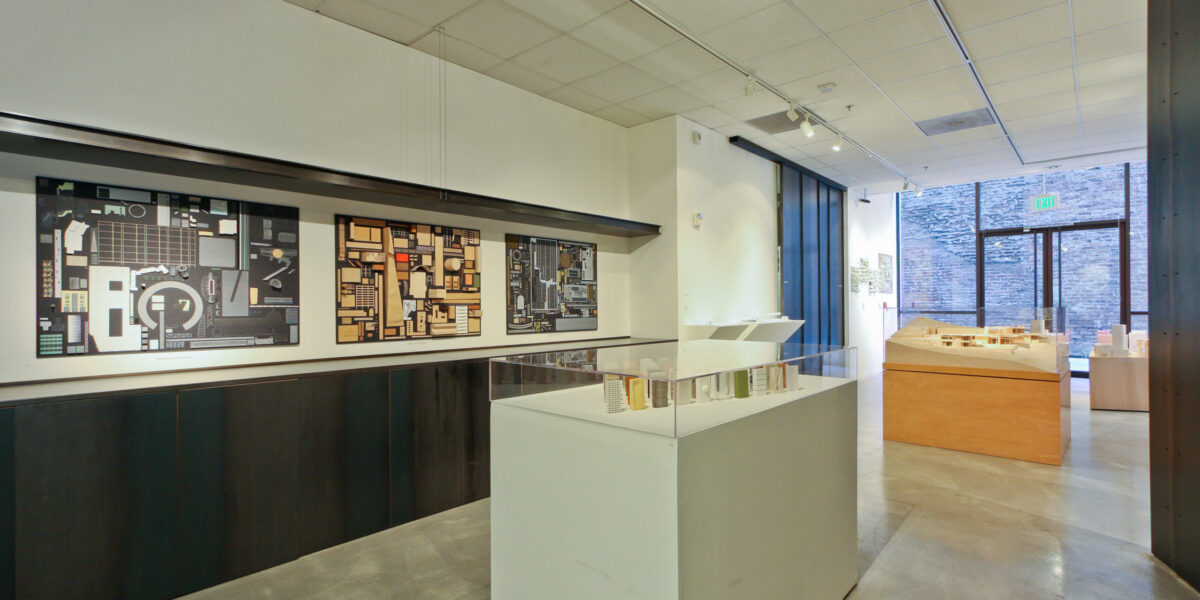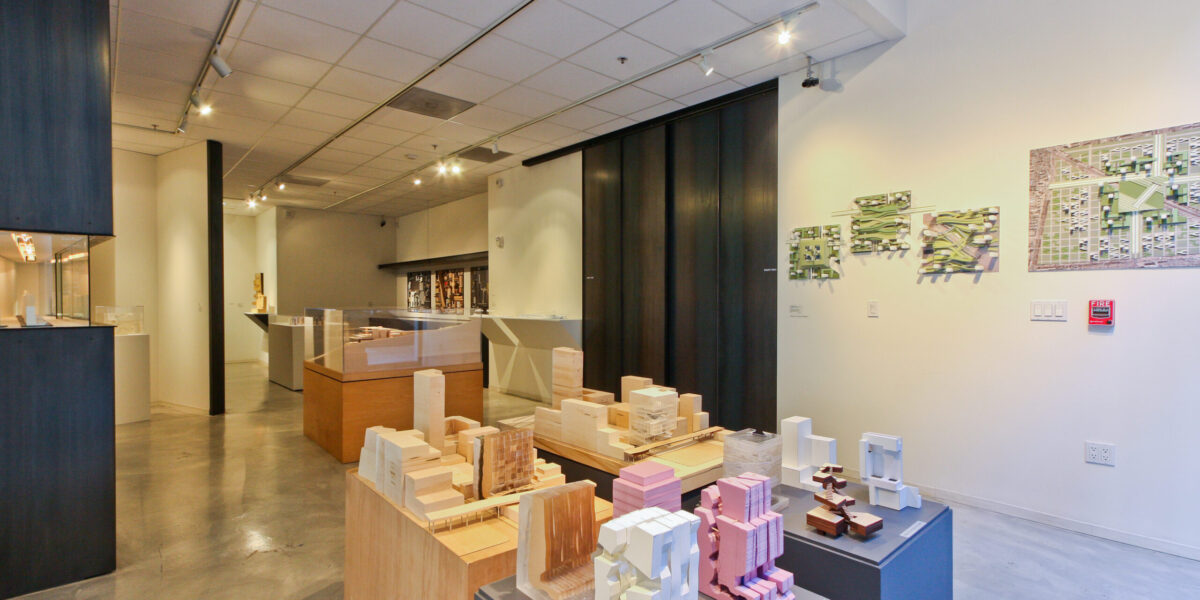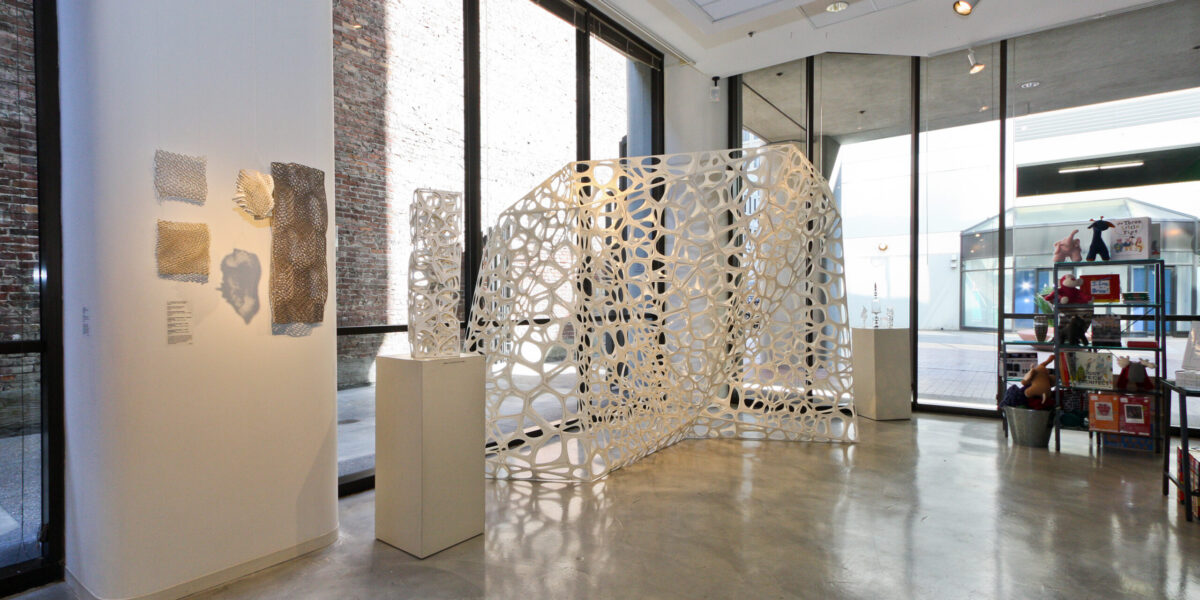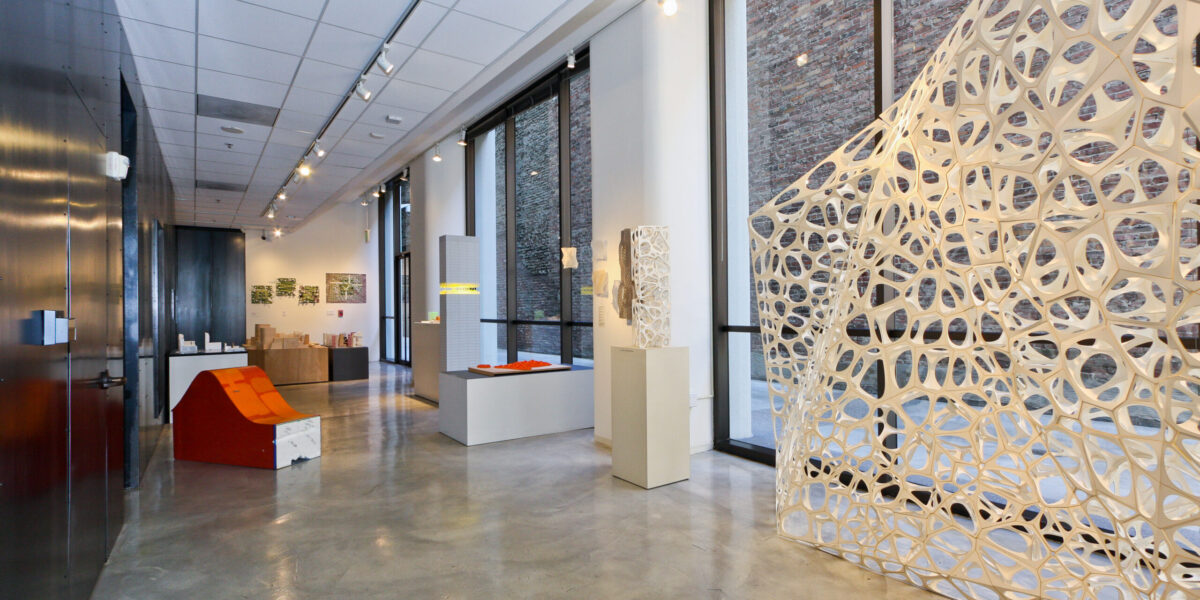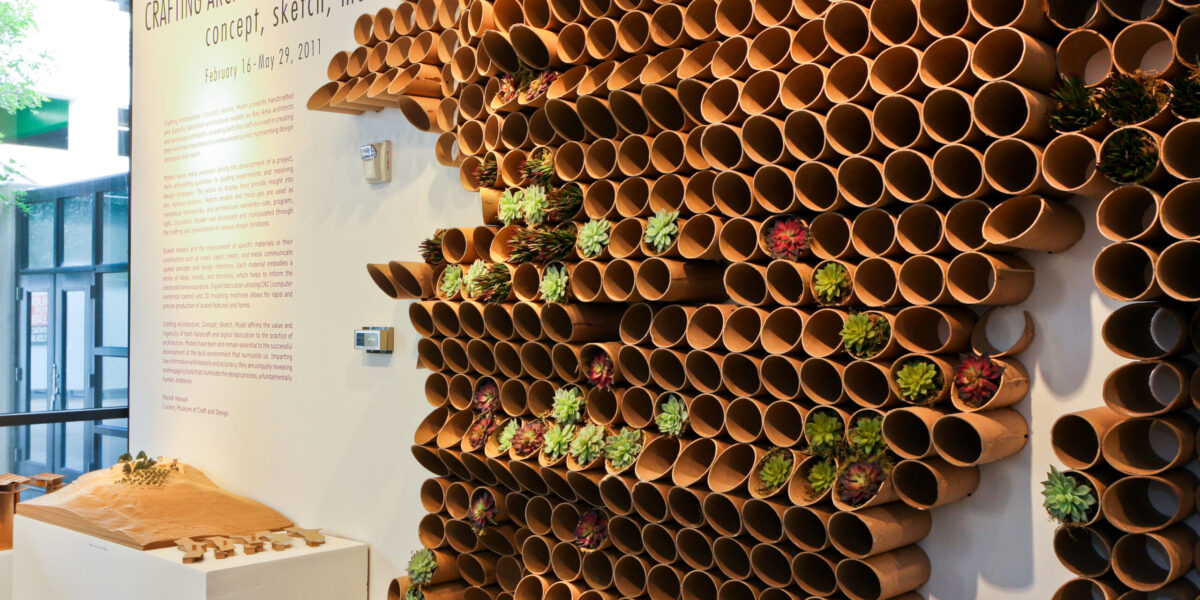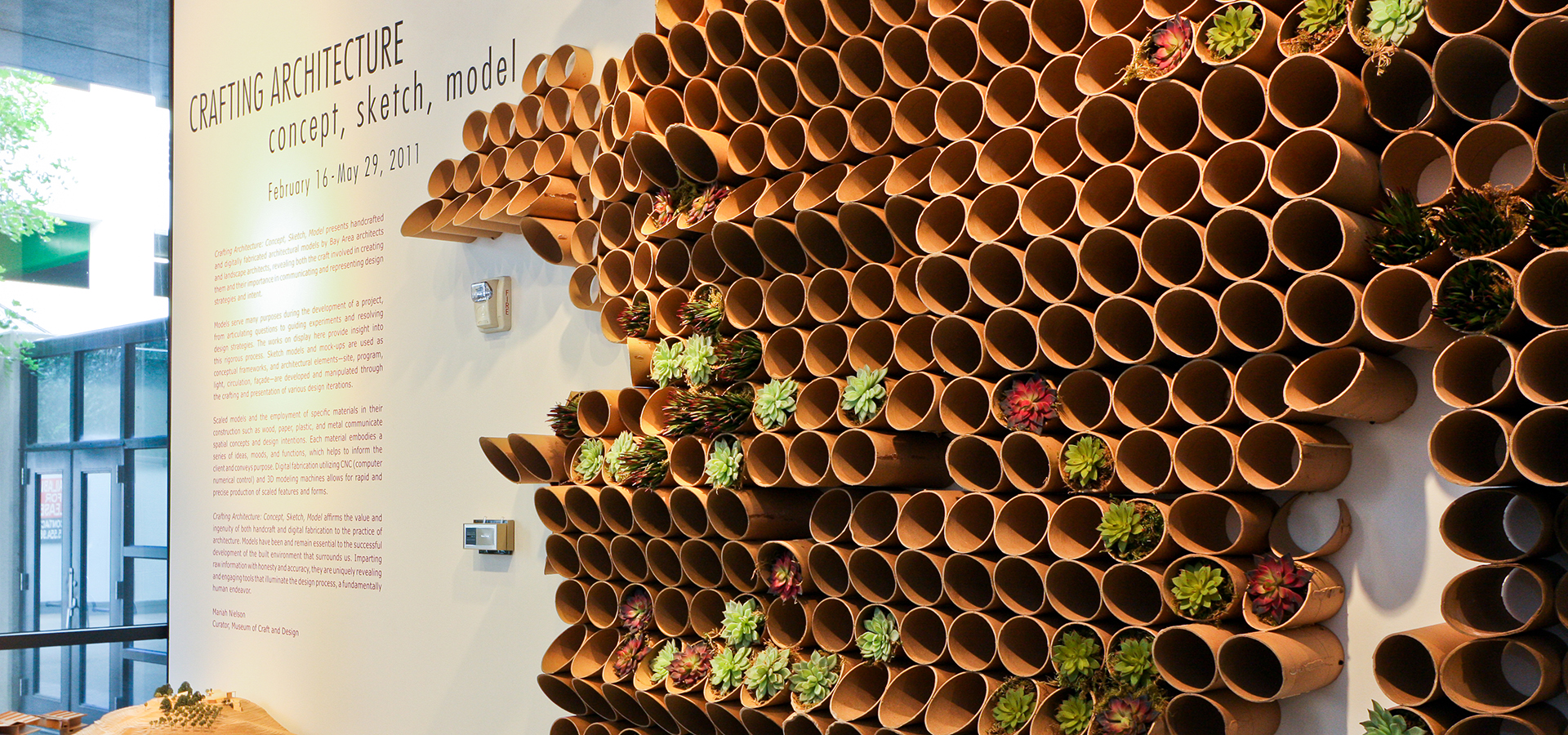

Crafting Architecture: Concept, Sketch, Model
February 16 – May 29, 2011
Guest Curator:
Mariah Nielson
Pop-up Location: 201 Third Street, San Francisco
Crafting Architecture: Concept, Sketch, Model presents architectural models by Bay Area architects and landscape architects. Their works reveal the craft involved in creating handmade and digitally fabricated architectural models, and their importance in communicating and representing both design strategies and intent. Models serve to articulate questions, to guide experiments, and to generate arguments, and the examples on display provide insight into this rigorous design process.
Scaled models and the employment of specific materials such as wood, paper, plastic, and metal in their construction communicate spatial concepts and design intentions. Each material embodies a series of ideas, moods and functions, which help to inform the client and convey purpose. Architectural elements—site, program, light, circulation, façade—are developed and manipulated through the crafting and presentation of various design iterations.
Crafting Architecture: Concept, Sketch, Model presents examples of the modeling process and affirms the importance and ingenuity of both handcrafted and digitally fabricated models, which exemplify the craft of architecture.
Photos courtesy of Adam Willis.
PHOTO GALLERY
Photos courtesy of Adam Willis.
ARTISTS
Bionic
California College of the Arts, Architecture
Cary Bernstein Architect
David Baker + Partners, Architects
Faulders Studio
Fletcher Studio
Future Cities Lab
Gensler
Haas Architecture
Jensen Architects
Matsys
Rossington Architecture
Sagan Piechota Architecture
Schwartz and Architecture
Skidmore, Owings & Merrill LLP
Surfacedesign, Inc.
Tom Leader Studio
Woods Bagot
Zack | de Vito
zDp Models
ABOUT MCD’S POP-UPS
The Museum of Craft and Design was at a crossroads, requiring both a search for a long-term home and a short-term plan to meet our public mandate. Inspired by the current trend of pop-ups, MCD created a series of pop-up museum experiences that responded to the immediate need to continue offering exciting and innovative exhibitions and programs to the public.
The high vacancy rate in storefronts throughout San Francisco presented an opportunity to create small, temporary museum experiences in local neighborhoods. By focusing on educational and informative exhibitions, paired with dynamic programming, MCD reintroduced itself to San Francisco as a revitalizing organization and engaged new, local audiences by strategically selecting locations where San Franciscans lived, worked, and played.

